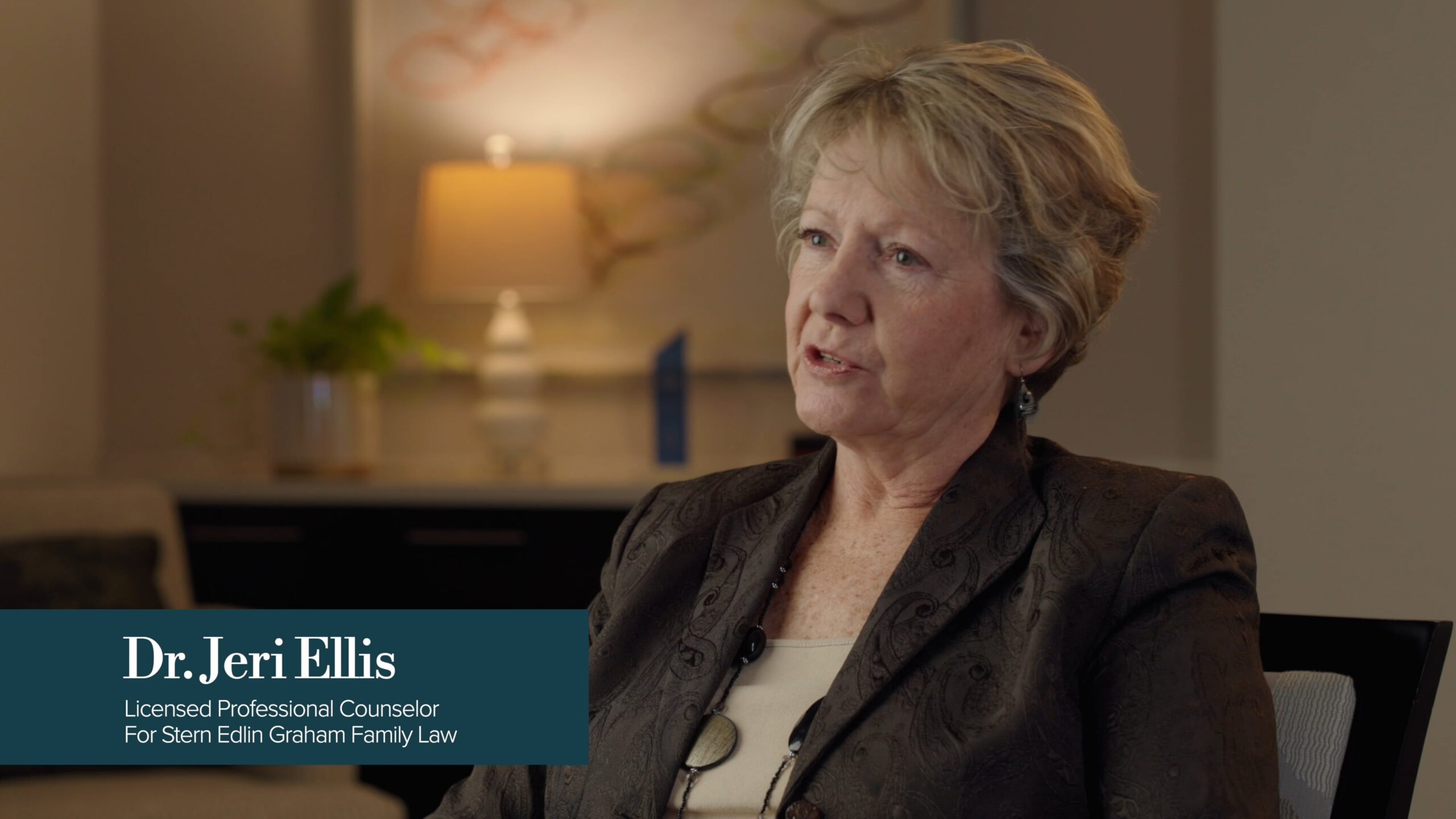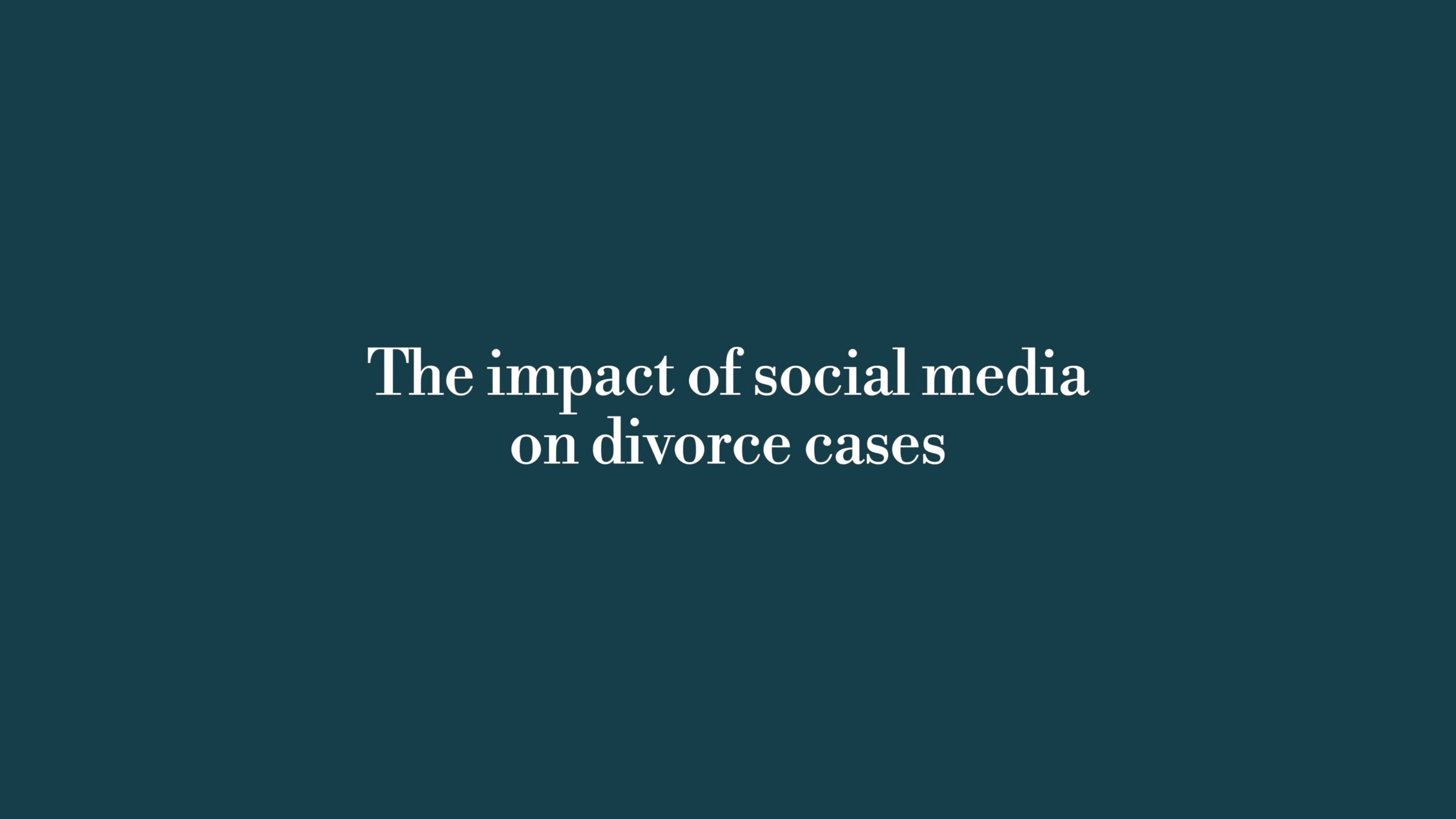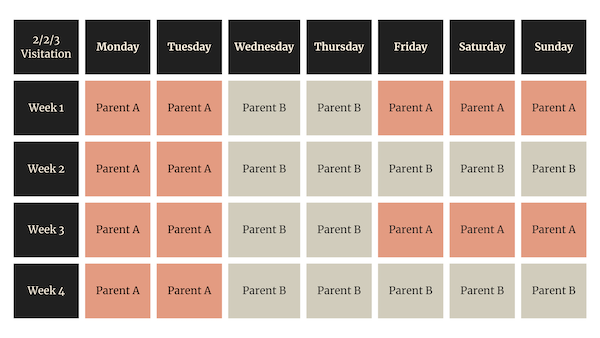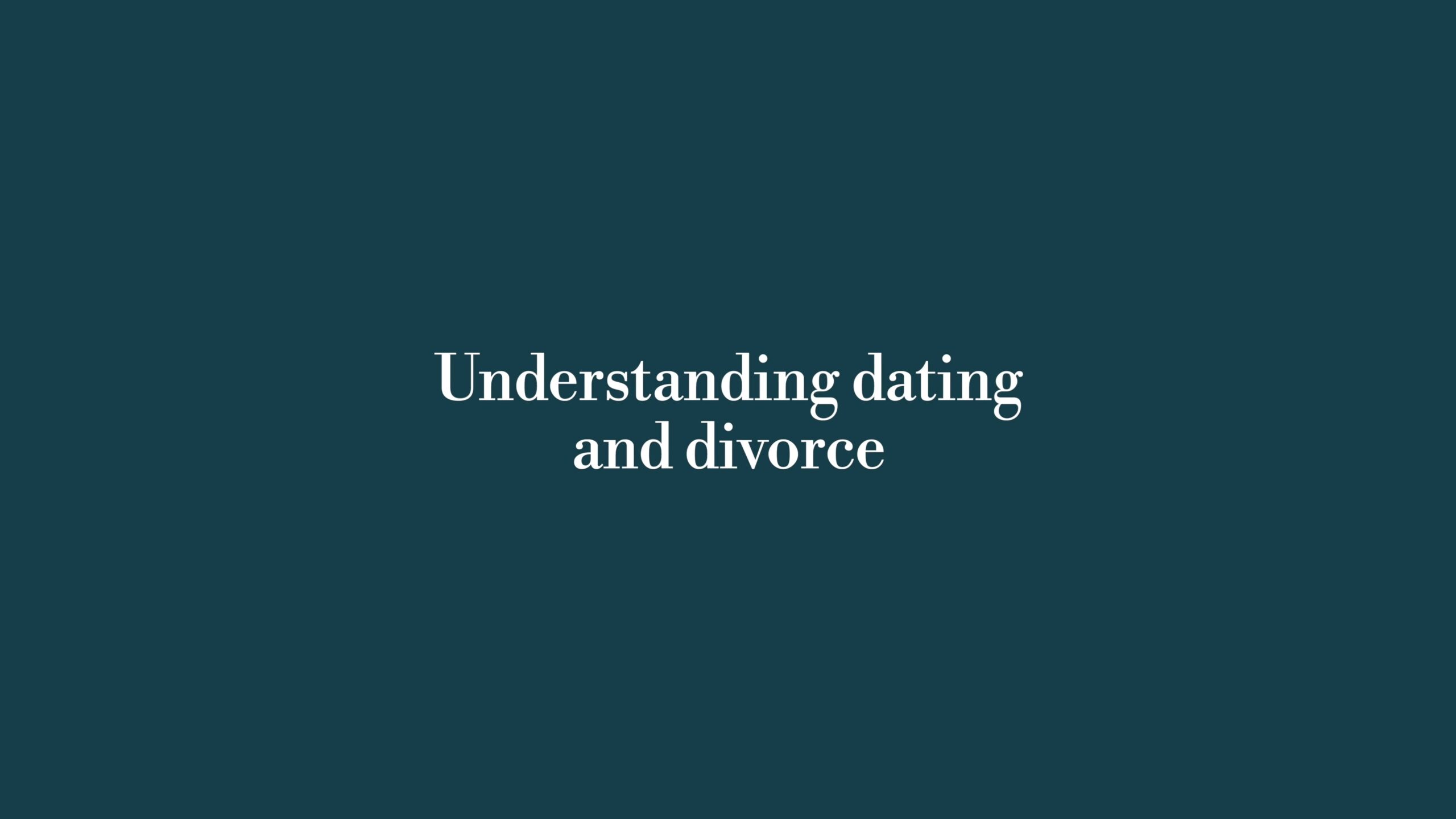Will a Cheating Spouse Impact My Divorce?
By The DivorceLawyer.com Team
Infidelity is one of the most emotionally charged issues in a marriage, often leading to a breakdown of trust that can be irreparable. While not all instances of infidelity end in divorce, it is a common reason for couples to separate. The impact of cheating on a divorce is multifaceted, affecting everything from emotional well-being to legal outcomes. Though rarely prosecuted, it is also still a crime in sixteen states. If you or your spouse has cheated, you might be wondering how infidelity will affect your divorce in terms of the legal process, emotional dynamics, and financial consequences.

Emotional Toll
The emotional toll of infidelity can significantly influence divorce proceedings. Discovering a partner’s affair can lead to feelings of anger, betrayal, shame, and sadness. These emotions can cloud judgment during divorce negotiations, making it difficult to remain objective. Once trust is broken, it can be incredibly difficult to restore. This loss of trust can permeate every aspect of the divorce process, from the division of assets to child custody arrangements.
Counseling and Therapy
Some couples attempt to work through infidelity in therapy. If, despite counseling, divorce is the outcome, therapy may shift to helping individuals navigate the emotional aftermath. Therapists and counselors often play a significant role in helping the betrayed spouse manage the emotional trauma of infidelity during divorce.
Infidelity is one of the most devastating things that can happen to a marriage.
Potential Implications
In many states, divorce is no longer solely based on fault grounds like adultery. Many places have adopted no-fault divorce laws, which allow couples to end their marriage without assigning blame. However, infidelity may still influence legal outcomes, depending on where the divorce is filed and the specific circumstances of the case.
Depending on the laws where you live, infidelity may or may not have a direct impact on your case. In some states, the court may not consider the affair when making decisions. In others, infidelity can be grounds for divorce, and a cheating spouse might face consequences, such as paying higher spousal support or receiving a smaller portion of the marital assets through the division of property. It is best to consult an attorney to understand how your local laws and circumstances might be affected.
Litigation Costs
Even if infidelity is not used to establish grounds for divorce, cases involving infidelity often become more contentious, leading to higher legal fees and prolonged court battles. The emotional baggage associated with the affair can cause both parties to engage in costly litigation, with disputes over everything from property division to alimony.
Alimony
Alimony, also called spousal support, can be influenced by infidelity, especially in states that recognize fault-based divorce. In these cases, the non-cheating spouse may argue that the affair contributed to the breakdown of the marriage, and this could result in a more favorable alimony arrangement. However, in no-fault divorce states, infidelity usually does not affect alimony unless the affair directly caused significant financial harm to the marital estate.
Marital Property
A common financial repercussion of infidelity happens when a cheating spouse uses marital assets, like money earned during the marriage, to support their affair. This could include spending money on hotel rooms, gifts, vacations, or supporting the third party financially. In some cases, courts may order the unfaithful spouse to reimburse the marital estate for any funds spent on the affair, which can be considered “marital waste” or “dissipation of assets.”
If significant financial damage was caused by the cheating spouse’s affair, this may also be factored into the division of property. If, for example, marital assets were depleted as a result of the affair, the court may award a larger share of the remaining assets to the other spouse. In cases of abandonment, where one spouse moves in with the person they were cheating with before the divorce is final, it may influence how the judge divides the estate. Since the remaining person is paying all the bills even before the divorce is final, they may have more of a claim to large property such as real estate or vehicles.
Child Custody
Whether or not infidelity will impact child custody decisions depends on your state laws and unique circumstances. In many cases, courts prioritize the best interests of the child. Unless a child’s safety is in question, the goal is to find an arrangement that maintains stability and the opportunity for children to have a relationship with both parents.
If the cheating spouse’s behavior has a negative impact on the child or exposes the child to an inappropriate or dangerous environment, it could influence custody rulings. A court might limit custody rights or impose specific conditions based on the infidelity’s effect on parenting.
In addition, if it can be proven that the person your spouse is cheating with is dangerous to the well-being of the children, that can potentially affect custody and child support payments. The court may perform a background check on them, look into old custody hearings, or investigate whether they have a history of violence or drug and alcohol abuse.
Prenuptial Agreements
If you signed a prenuptial agreement before getting married that includes infidelity clauses, there could be financial penalties outlined in the agreement. Some prenuptial agreements stipulate that in the event of infidelity, the wronged spouse receives a larger share of the assets or receives some other form of compensation. These agreements can provide leverage during divorce negotiations.
The Path Ahead
Infidelity is one of the most devastating things that can happen to a marriage. It’s painful, embarrassing, and can cause conflict, even outside of the marriage. Knowing your rights is essential. It’s a complex process, but the help of a qualified lawyer can make it easier and provide necessary guidance.
Stay in the Know
Discover Related Articles
Get Informed. Get Empowered
Read up on essential divorce topics to learn more about the process and all its different aspects.
Introductions, no pressure
Connect with a Top Divorce Attorney
in Columbus, OH
Go to Columbus, OH page
Are you in a different location? We can introduce you to the best family lawyers in your area






















































































